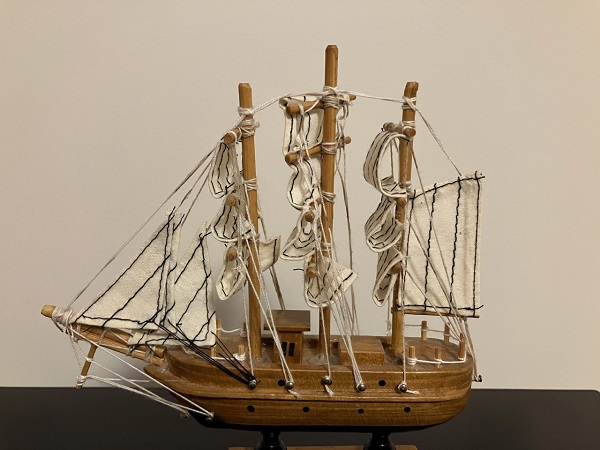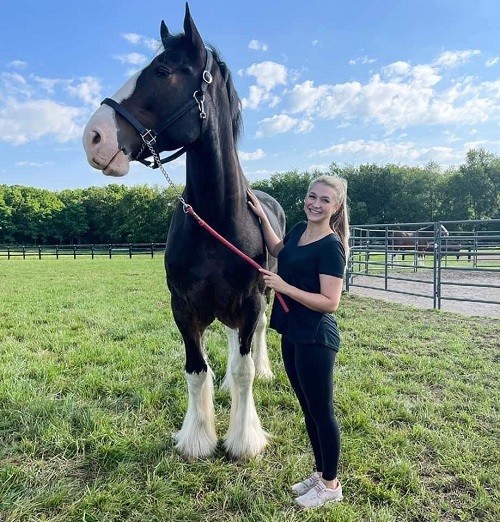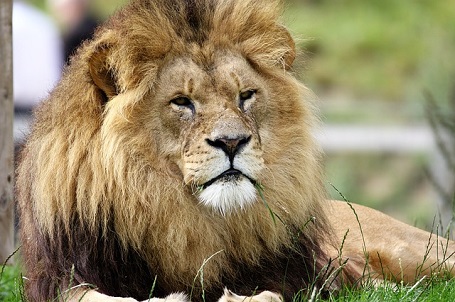Take Down a Peg or Two
 Many of us have personal experience related to take down a peg or two.
Many of us have personal experience related to take down a peg or two.
My childhood friends and I knew the expression well. When we became too big for our britches, our parents put an end to our high and mighty behavior.
Their discipline took several forms:
- The look of disapproval
- Scolding
- Time out
- Loss of privileges
- Other methods of loving but stern correction
To take down a peg or two means to deflate our pride or ego.
When we think too much of ourselves, we need a good dose of humility. No one is better than anyone else.
If we mistreat others, we may eventually get a taste of our own medicine. Our time for shame will probably come.
Wanting to do well is okay but not at the expense of others.
Hurting anyone in order to succeed spoils true success. Getting ahead never justifies:
- Rudeness
- Injury
- A superior attitude
Take down a peg or two has a maritime connection.
According to The Free Dictionary, the expression “alludes to lowering a ship’s colors … by means of pegs. The higher the colors … the greater the honor.”
Refuse to become arrogant and self-centered.
Choose instead to straighten up and fly right. God, who is Love, calls us to love and help one another.
“Do not regard lightly the discipline of the Lord, nor be weary when reproved by him.
For the Lord disciplines the one he loves” (Hebrews 12:5-6 NIV).
Thanks to Tracy Crump for sharing this expression following her maritime museum tour.
Do you have an expression you want explained or a thought about this one? If so, please comment below.
Subscribe to receive my weekly posts by email and receive a free copy of “Words of Hope for Days that Hurt.”
If you enjoyed this post, please share it with your friends.


 Lions have a big head, a loud roar, and a reputation as king of the jungle. Although big, strong, and fast, lions can be caught and controlled by smaller, weaker, and slower lion tamers.
Lions have a big head, a loud roar, and a reputation as king of the jungle. Although big, strong, and fast, lions can be caught and controlled by smaller, weaker, and slower lion tamers. Some people think they are better than others.
Some people think they are better than others.